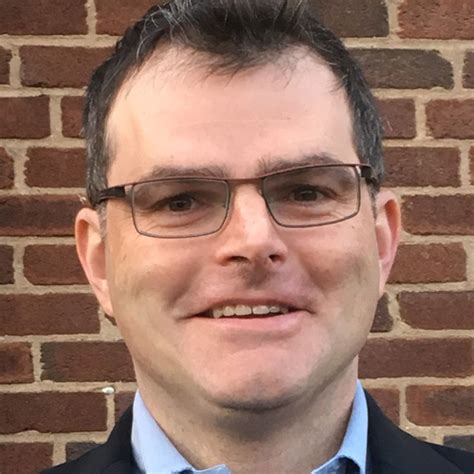A Quote by Susan Cain
INTROVERTS are especially vulnerable to challenges like marital tension, a parent’s death, or abuse. They’re more likely than their peers to react to these events with depression, anxiety, and shyness. Indeed, about a quarter of Kagan’s high-reactive kids suffer from some degree of the condition known as “social anxiety disorder,” a chronic and disabling form of shyness.
Related Quotes
With social media, so many people have anxiety and depression because of it. Of course technology is somewhat good, but it can present so many issues; more and more we're seeing what that's causing, and it's even leading to deaths. I just got finished doing a documentary called Anx with children talking about anxiety and recognizing their emotions and understanding them better. We need to let kids know it's OK to not be OK. And we need to help them be comfortable talking about it.
The degree to which a surviving parent copes is the most important indicator of the child's long-term adaptation. Kids whose surviving parents are unable to function effectively in the parenting role show more anxiety and depression, as well as sleep and health problems, than those whose parents have a strong support network and solid inner resources to rely on.





































